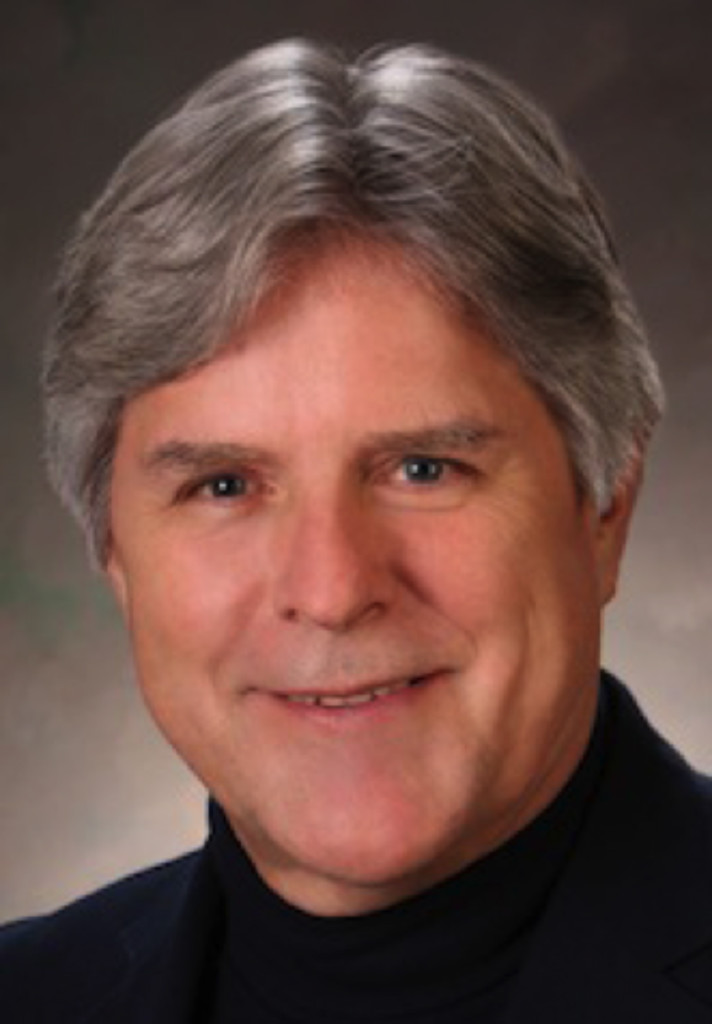The Climate Corner: Health Care Must Lead on Climate Change
- Share
- Tweet
- Pin
- Share
By Paul Linzmeyer
Sustainability and climate change discussions need a different perspective – human health. Health care’s commitment to sustainability principles should not be focused on improving health care, but rather on improving overall health. The quality of medical care impacts only about 10 percent of outcomes that make us healthy. During the last several hundred years, life quality and expectancy improvements have been made in the basic fundamentals for health: clean air, clean water, enough nutritious food, safe shelter and community, regular physical activity, and stable civilization. Climate change threatens all of these fundamentals through increased air and water temperatures, raising sea levels, and extreme weather, such as drought, flooding and tropical storms.
Two areas to consider about climate change and health:
- Health impacts of climate change – The National Climate Assessment released in May 2014 confirms that changes in climate threaten U.S. human health and well-being in many ways and climate change will amplify health threats the nation now faces.
- Health impacts of fossil fuel usage, independent of climate change: Fossil fuels contribute to four of the five leading causes of U.S. deaths, including heart disease, cancer, stroke and lung diseases, while putting our children at risk of asthma and delayed mental development. Particulate pollution, primarily from burning fossil fuels and biomass, is responsible for more than 60,000 U.S. deaths annually. Not burning as much gas, oil and coal will have multiple benefits.
Already, people living in impoverished areas are experiencing worse asthma, lung and heart diseases. A warmer world will mean more hospitalizations and deaths from asthma, chronic obstructive pulmonary disease and heart disease. Warmer air with more pollutants will create a longer pollen season with higher pollen concentrations, worsening asthma and other allergies.
Health care executives have not looked widely or deeply enough to see the billions of dollars of potential savings to be achieved by implementing best practices to address climate change. One study projects $15 billion in energy savings for U.S. health care alone from clean energy sources and conservation and efficiency measures. According to the National Academy of Sciences, the use of fossil fuels causes $120 billion in health-related damages per year. Replacing coal alone with efficiency and clean energy could save 10,000 lives and $60 billion annually.
In Wisconsin, the majority of agricultural land is dedicated to the dairy and meat industries, which increase greenhouse gas emissions and damage our watersheds. We import most of our fruit and vegetables, which contributes needlessly to transportation emissions. Health care institutions need to change how they purchase food and create a market for a vibrant year-round local food economy, delivered through an innovative food distribution system. Reducing our intake of meat – especially beef – will help people maintain a healthy weight, prevent heart disease and cancer, and is important in limiting climate change.
Improving the design of our cities and towns to encourage pedestrians, bikes and mass transit will reduce emissions and help people become more physically active, lose weight, and fight depression and obesity. Replacing short car trips in urban areas of the upper Midwest alone would save more than 1,200 lives and $8 billion per year from cleaner air and greater physical activity.
American health care organizations need to support and encourage regional activism in sustainability and better health outcomes. We cannot do things the same way and expect different results. Health care has a responsibility to drive the changes necessary to achieve sustainable, healthy economic, environmental and social outcomes.
In 2014, I joined a group of national health care leaders at the White House to announce our commitment to enhance the climate resilience of our facilities, operations, and the communities we serve, using the Administration’s Climate Action Plan as a foundation. The plan recognizes that as we take aggressive action to curb the carbon pollution that is driving climate change, we must also prepare for the climate impacts that are already happening. A Climate Change Resiliency Assessment is being tested at ThedaCare’s facilities and will be rolled out soon for everyone to work together on.
The health care organizations that met at the White House are leaders in developing and implementing policies to mitigate climate change and use alternative energy resources, but health care as a sector is not unified in these activities. This lack of unity is harming the local, regional, and global communities they are meant to serve. The work of the White House group is to drive all health care organizations to engage their communities in climate change action. Inaction will harm human health as well as health care organizations’ brands and bottom lines. Health care must take a leadership role in driving community-wide sustainable practices to combat climate change.
 Paul Linzmeyer is the sustainability leader at ThedaCare, the largest employer in northeastern Wisconsin with seven hospitals, 35 clinics and more than 6,500 employees. He has spent 35 years as a business activist in Chicago, Denver and Green Bay. Recognized as an international strategist on business innovation and sustainability principles, Linzmeyer was a U.S. delegate to the Organization for Economic Cooperation and Development’s Sustainable Manufacturing and Eco-Innovation Committee. He currently serves on the board of the Green Bay Public Market and as a member of the Novation Environmental Advisory Group and the Healthcare Without Harm’s National Climate Change Council.
Paul Linzmeyer is the sustainability leader at ThedaCare, the largest employer in northeastern Wisconsin with seven hospitals, 35 clinics and more than 6,500 employees. He has spent 35 years as a business activist in Chicago, Denver and Green Bay. Recognized as an international strategist on business innovation and sustainability principles, Linzmeyer was a U.S. delegate to the Organization for Economic Cooperation and Development’s Sustainable Manufacturing and Eco-Innovation Committee. He currently serves on the board of the Green Bay Public Market and as a member of the Novation Environmental Advisory Group and the Healthcare Without Harm’s National Climate Change Council.
The Climate Corner is a monthly column featuring a variety of writers from around the state and Door County addressing various aspects of the challenges and opportunities climate change presents. The Corner is sponsored by the Climate Change Coalition of Door County, which is dedicated to “helping to keep our planet a cool place to live.” The Coalition is always open to new members and ideas. Contact the Coalition at: [email protected].

